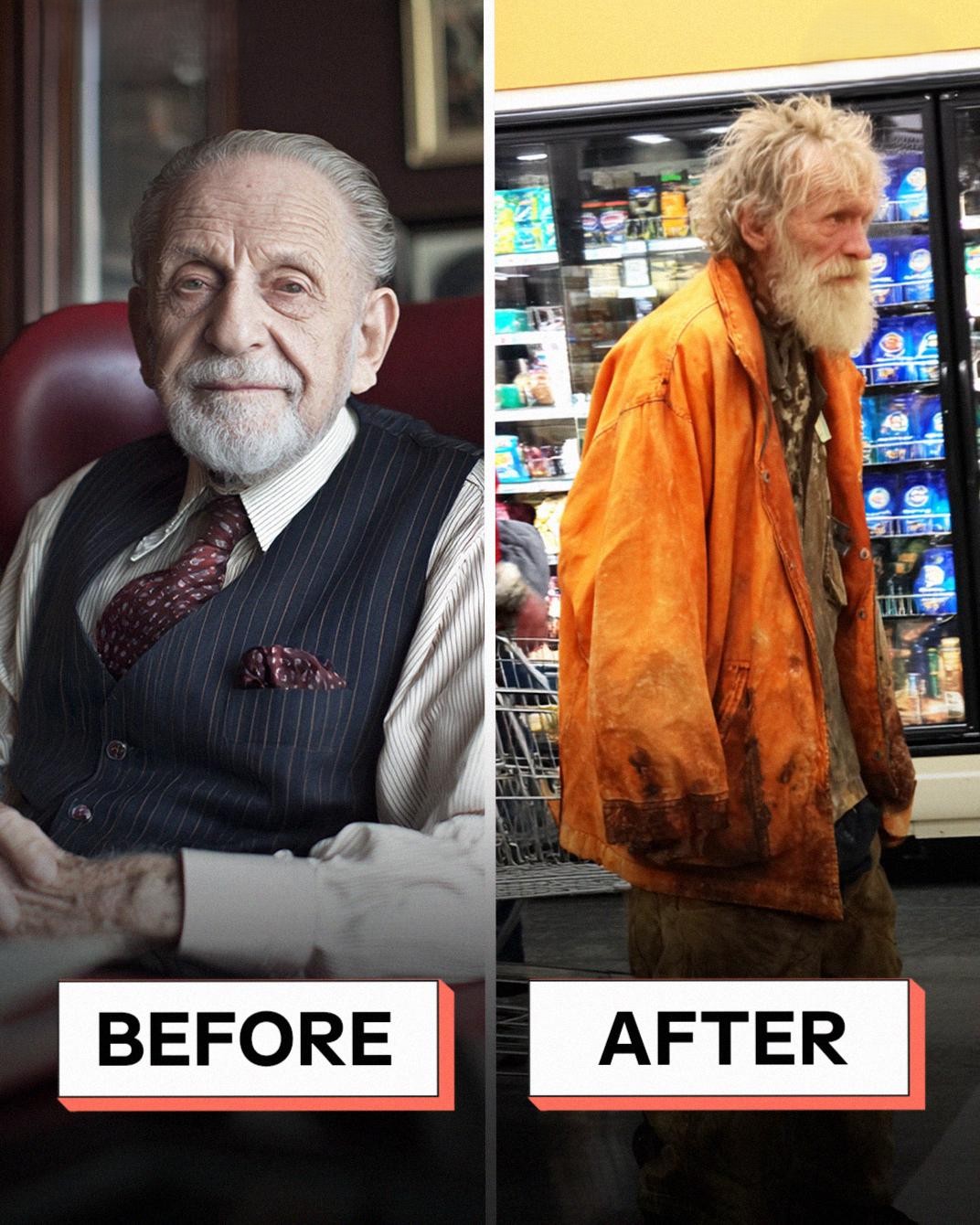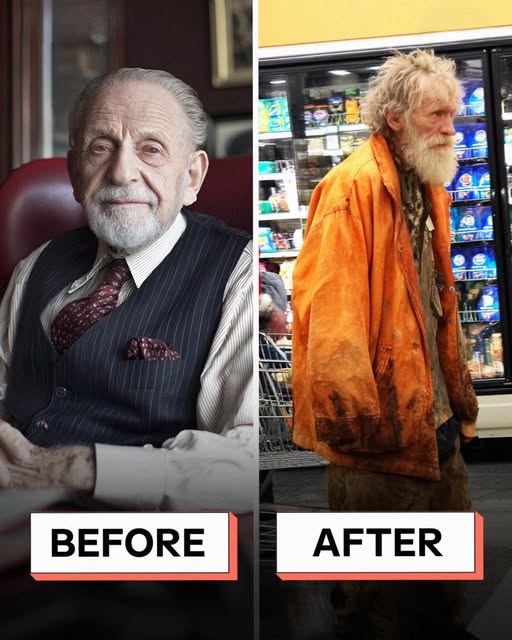
Just after sunrise, the halls of Corewell Health Beaumont Troy Hospital shifted from healing to terror.
Alarms blared, doors locked, and staff scrambled for safety — hiding behind desks, slipping into storage rooms, crouching in their cars. A place built for care suddenly felt like a trap, every sound loaded with fear. Within moments, sirens drowned out the usual morning calm.A 25-year-old employee had been shot, and the coworker suspected of pulling the trigger had vanished. Phones across the campus buzzed with the same urgent warning: Avoid. Shelter. Stay inside. The victim survived, but the hospital’s sense of security did not. In waiting rooms, cafeterias, and quiet corridors, a heavy silence settled — the kind that lingers long after danger has passed.
When the suspect eventually surrendered miles away, relief came, but it was thin and trembling. Schools had already locked down, parents had already panicked, and a community had already learned that violence can erupt even in places meant to protect life. Shock rippled far beyond the hospital walls.
In the days afterward, grief counselors arrived, candles were lit, and staff leaned on one another not just as coworkers, but as survivors. The tragedy left a single, haunting question: how do you rebuild trust in a place meant for safety and compassion? Healing will take time — and a kind of courage that is quiet, steady, and determined to rise again.
